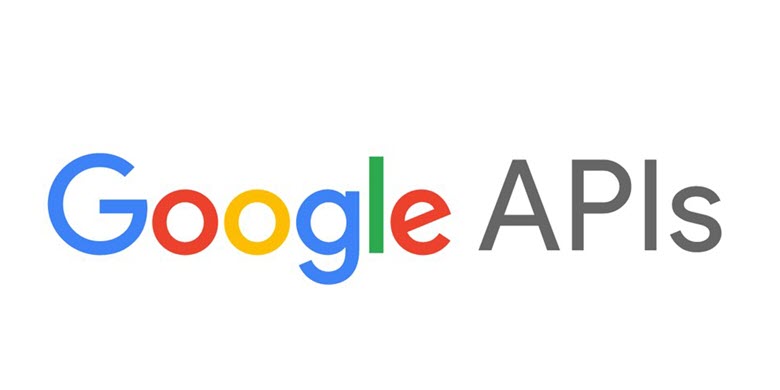 CLOUD
CLOUD
 CLOUD
CLOUD
 CLOUD
CLOUD
Google LLC is committing to ensuring the highest level of stability and reliability with its enterprise application programming interfaces with new Google Enterprise APIs announced today.
The online services giant says the APIs are governed by a more stringent set of requirements about how and when Google will make changes to them, with a goal to increasing trust by enterprise customers and users that Google services they count on won’t change in a way that causes issues for their users and forces them into a lot of extra work.
APIs are a set of functions that allow applications to access data and interact with external software components, operating systems and microservices, the components of modern applications. In more simple terms, APIs act as a kind of messenger that relays information back and forth among different applications and servers.
An example of an API includes typing a URL into a web browser and hitting enter. The browser then asks that website’s API to relay information from its sever. Another example might be an integrated service, such as when a pizza delivery firm integrates Google Maps into its app so users can track their meal as it’s being delivered. In that case, the mobile app is accessing the Google Maps API.
APIs are important things, but like all software they do need to be updated from time to time. The problem is that updates don’t always go smoothly and there’s a risk that some things can break. If an API changes, enterprise may have to adapt their own applications to ensure they can still use it.
The new Google Enterprises APIs announced today are a subset of APIs for Google Cloud, Google Workspace and Google Maps. With them, Google is promising much greater stability and fewer changes.
Google Cloud and Technical Infrastructure Vice President Kripa Krishnan told SiliconANGLE that Google has faced some criticism in the past regarding how it deprecates its APIs.
Google Enterprise APIs, she said, is essentially a label that’s meant to reassure customers that a specific API is governed by stringent rules on how and when it can be changed.
“We’re making it really hard to cause a breaking change, a change that requires customers to do work,” Krishnan said. “Constant change can erode the trust of our customers.”
Google said there are three tenets that govern how Enterprise APIs can be changed. The first one is that no feature will be removed or changed in a way that is not backward-compatible for as long as customers are actively using it — though it didn’t provide a firm definition of what “actively” means. But if pretty much any customers are still using an API, it won’t be changed in a way that requires work for the customer, even if it costs Google more money by not making that change.
If Google really does need to make a change that could impact customers, it will provide a minimum of one year’s notice of that impending change. During that time, the feature will continue to work, giving customers lots of time, as well as tools needed and instructions on how to migrate to the newer version of the API.
“Basically we will leave no customer behind,” Krishnan said. “That’s the philosophy. It’s a shift in the mindset of the organization.”
Further, Google is promising that any change it introduces to one of its Enterprise APIs will be reviewed by a centralized board of product and engineering leads, following a “rigorous product lifecycle evaluation.” So it will only make changes to its Enterprise APIs when a consensus is made that there are important reasons to do so.
Google said the three tenets are designed to strike a balance between the need for innovation and stability, and they’ve already been adopted on a pilot basis for several months. “We have never taken this lightly,” Krishnan said. “We’re just taking this one step further. This makes it official.”
“Enterprises need long running and stable APIs to power their next generation applications,” said Holger Mueller of Constellation Research Inc. “In the past Google has been faster than what CxOs prefer at deprecating APIs, so it is good to see Google now changing this course and offering a longer-term stance on API availability.”
The Enterprise API labels will appear next to official Google APIs in both the Google Cloud Marketplace and the Google API Library.
With reporting from Robert Hof
Support our mission to keep content open and free by engaging with theCUBE community. Join theCUBE’s Alumni Trust Network, where technology leaders connect, share intelligence and create opportunities.
Founded by tech visionaries John Furrier and Dave Vellante, SiliconANGLE Media has built a dynamic ecosystem of industry-leading digital media brands that reach 15+ million elite tech professionals. Our new proprietary theCUBE AI Video Cloud is breaking ground in audience interaction, leveraging theCUBEai.com neural network to help technology companies make data-driven decisions and stay at the forefront of industry conversations.